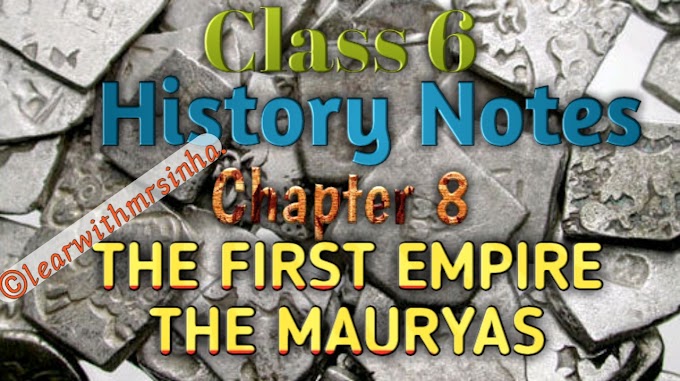Diversity and Discrimination
Prejudice is an unreasonable dislike for a particular group of people, or preference for one group over another.Prejudice invokes strong feelings that are difficult to change. Prejudice can be guided by the colour of the skin or the accent in which a person speaks or the clothes they wear. Prejudiced people often hurt other peoples’ feelings.
Discrimination means unfair treatment of a person or group on the basis of prejudice.
All Human Beings are Equal
A stereotype is a fixed general image of a person or thing. For example, when it is said that people of a particular race are criminals, it is not right because criminals can exist in all races.
Stereotypes prevent us from looking at each person as having unique qualities. Instead they place a large number of people under one category.
Disabled children are now called children with special needs.
The word Dalit means broken, that is, discrimination has broken a particular class. The government calls them Scheduled Castes (SC).
11. The Gupta and Post-Gupta Period
In the caste system, different castes such as Brahmins, Kshatriyas, Vaishyas and Shudras were placed on different levels.
Those on the higher level considered themselves to be superior while those on the lower levels were considered untouchables.
The Constitution of India, which contains all laws, rules and regulations of the land gives
- Equal rights to both women and men and does not allow any discrimination on grounds of religion, race, cast, sex or place of birth.
- Power to the state to favour disadvantaged groups.
- women and children
- Scheduled Castes (SC)
- Scheduled Tribes (ST)
- Other Backward Classes and minorities
- physically challenged people
The Constitution says that it shall be the duty of the state to protect the weaker and backward sections from social injustice. Seats are reserved for SCs and STs in the legislatures and educational institutions.
The Constitution of India recognizes diversity and believes in equality. Everyone has the right to express her/his opinion. A religion, language or culture or festival cannot be forced upon people. India is a secular country with people belonging to different religions living together.
One of the greatest obstacles in creating such a future is prejudice.
Social Science class 6 notes
Civics Notes Class 6
We must remember that there is no place for prejudice or discrimination in our communities, home, schools or places of work.People will have to struggle for equality and the government will have to support them. Equality is a goal to be achieved. We are making efforts to reach the goal.






0 Comments